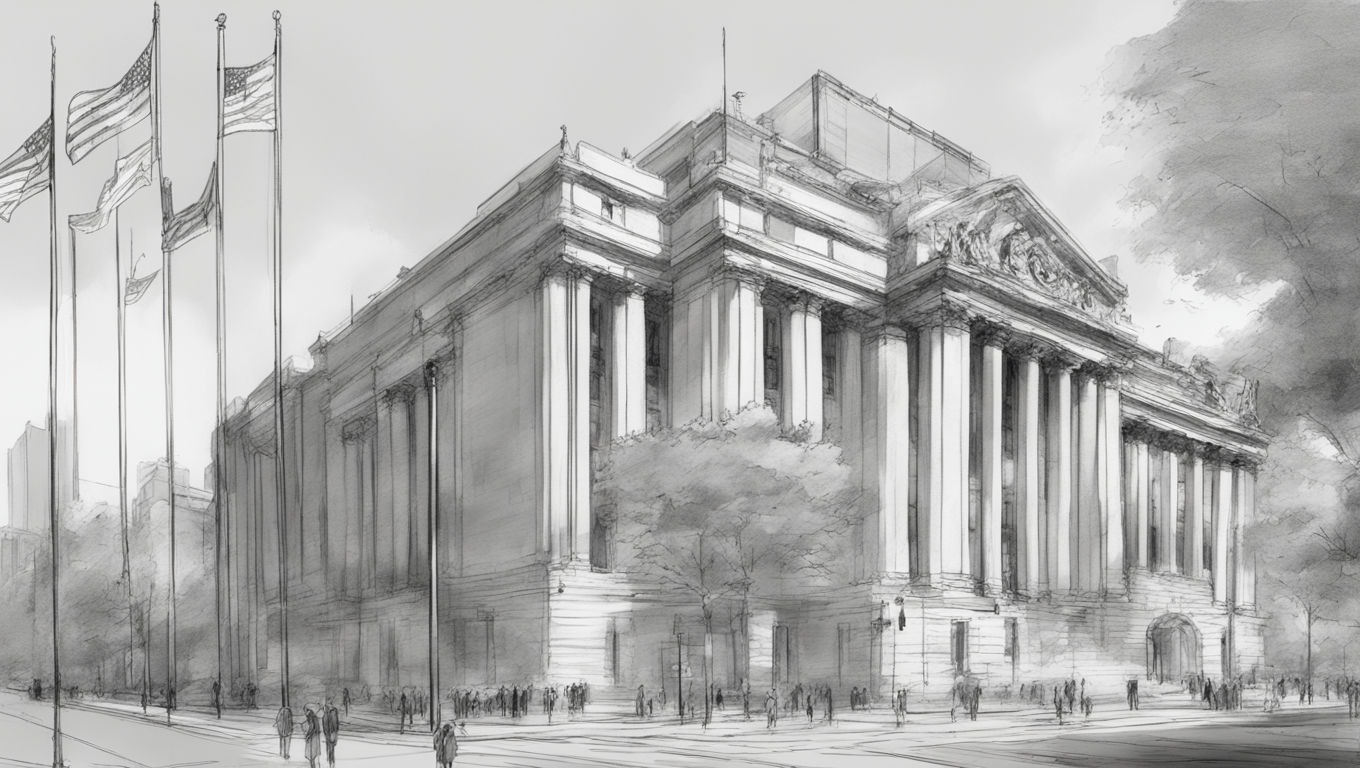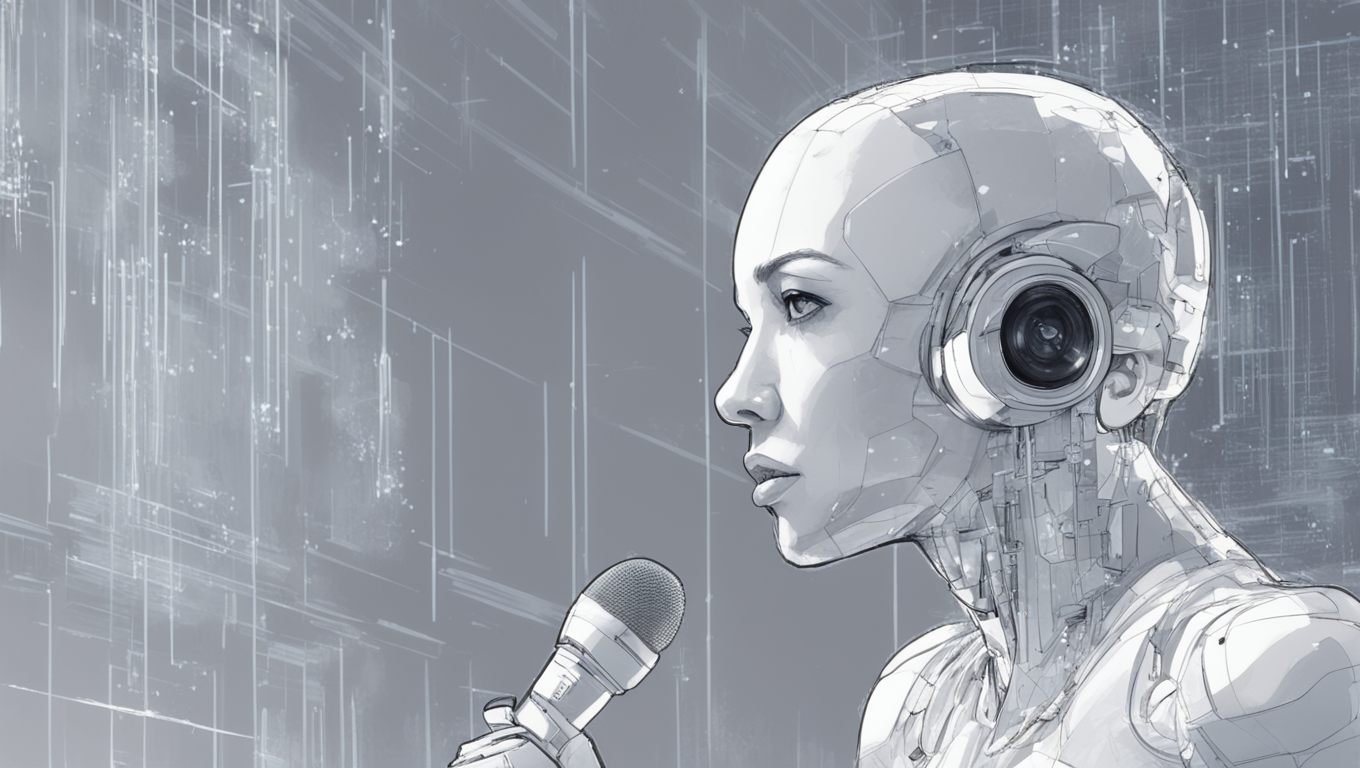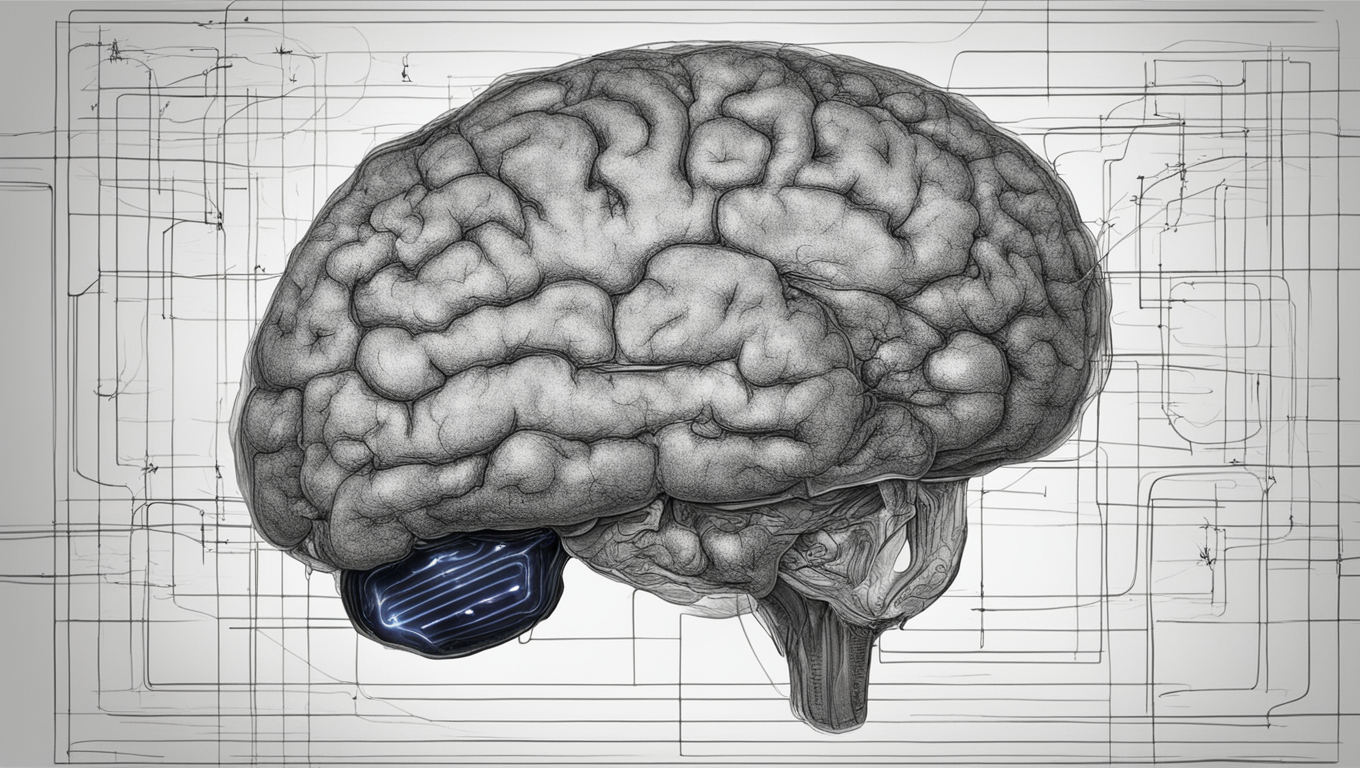In a surprising turn of events, The New York Times has filed a federal copyright infringement lawsuit against OpenAI, the creator of the popular AI chatbot ChatGPT, and its chief backer, Microsoft. The lawsuit claims that “millions” of The New York Times' articles were unlawfully used to train the AI chatbots, creating artificial intelligence products that directly compete with the newspaper. Seeking billions of dollars in damages, The Times aims to hold OpenAI and Microsoft responsible for what it perceives as a threat to its ability to provide quality journalism.
The lawsuit, filed in Manhattan district court, alleges that OpenAI and Microsoft made unauthorized use of The New York Times' copyrighted content, using it to create AI-powered chatbots such as Microsoft’s Bing Chat (recently rebranded as “Copilot”) and OpenAI’s ChatGPT. The newspaper argues that these products allow the defendants to leverage its investment in journalism without permission or compensation. As a result, The Times seeks not only monetary damages but also the court-ordered destruction of all GPT and large-language models trained using its copyrighted work.
A significant aspect of this dispute is the potential impact it may have on the development and deployment of AI-powered chatbots. OpenAI’s ChatGPT, for instance, has gained considerable popularity for its ability to simulate human-like conversations and provide detailed responses. The New York Times accuses OpenAI and Microsoft of benefiting from its journalism, effectively undermining the newspaper’s ability to fulfill its role as a news provider.
While the lawsuit marks a notable clash between two influential entities, it also sheds light on broader issues surrounding copyright in the era of artificial intelligence. With AI systems relying on vast amounts of data to achieve superior performance, questions arise about the appropriate use of copyrighted material for training purposes. As AI technologies continue to evolve, legal frameworks and industry standards must adapt to ensure the fair and ethical treatment of intellectual property.
Both OpenAI and Microsoft have yet to respond to the lawsuit, and the implications of this legal battle are far-reaching. The outcome could serve as a precedent-setting case that reshapes the boundaries of AI development, copyright protection, and intellectual property rights.
As this story unfolds, it is crucial to consider the perspectives of all parties involved. OpenAI and Microsoft, as pioneers in the AI industry, have undoubtedly made significant contributions to advancing technology and fostering innovation. Simultaneously, The New York Times, a long-standing institution known for its journalism, seeks to protect its investments and maintain the integrity of its reporting.
In the words of The New York Times' complaint, “Defendants seek to free-ride on The Times’s massive investment in its journalism by using it to build substitutive products without permission or payment.” The outcome of this lawsuit will undoubtedly have ripple effects across the tech and media industries as they grapple with the complex interplay between AI, copyright law, and the future of journalism.
This story is still developing, and as we await the responses and arguments put forth by both sides, it serves as a reminder that legal battles in the realm of innovation can shape the trajectory of technological progress. As AI continues to push the boundaries of what is possible, society must navigate the legal and ethical implications to ensure a fair and equitable future. Stay tuned for updates on this groundbreaking conflict.





Use the share button below if you liked it.